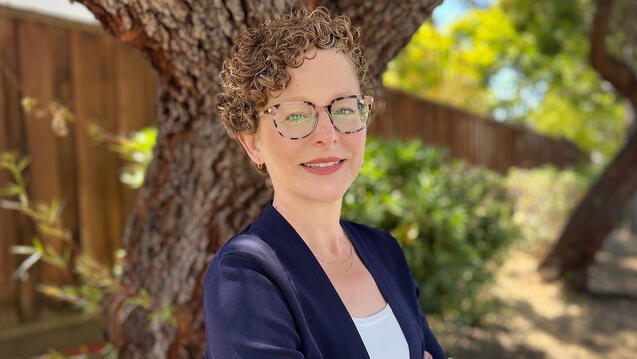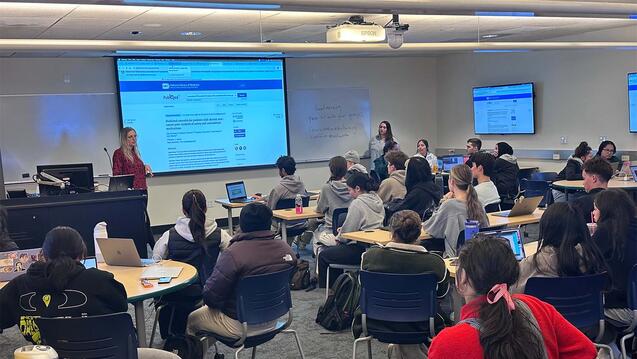Meet Preeti Vangani

Preeti Vangani, part-time instructor at USF, says the MFA program offers one-on-one time with instructors, a community of accountability buddies, and a focused path to finishing your work.
What makes the MFA program at USF distinct?
In our program, students get several opportunities to spend extensive 1:1 time with instructors. I found that most useful when I was a student here. And even as an instructor, I find that individually focused time helps me better understand a student’s vision for their larger projects and their writing lives. The program also encourages folks to take classes outside of their ‘primary’ genre. This allows for a lot of room to experiment and expands the scope of craft possibilities.
What do you find most special about the MFA Writing education/experience?
I find that formally dedicating a part of your life to practice writing is a gift like no other. The rigor of the workshop keeps you always thinking, always writing. I know it has made me a better and quicker editor of my own work. And there’s the gift of being in community with folks who write in such profoundly diverse styles. It opens up the breadth of what you consider ‘literature.’
I find that formally dedicating a part of your life to practice writing is a gift like no other.”
How can pursuing an MFA support your writing process/journey now and later?
In the shorter run, it is an excellent regimen to finish a project. Often, with the pressures of life, it is hard to devote focused time to seeing a creative project to its end. The MFA can be one path to finishing. In the longer run, because writing is excruciatingly lonely, it teaches you how best to be in community with your circle of readers. How, beyond the classroom, we can be each other’s accountability partners and curiosity pushers!
How would you sum up your classroom dynamic (or teaching style) in a few words?
I am most invested in building a classroom that centers its discussion on wonderment. Whether it’s reading texts or composing a poem, I try to focus our discussions on what within the language do we find joyful. What surprises us? How so? And what possibilities, more importantly, what questions does it make us ask of your own work and craft choices?
Why do you teach writing?
I came into reading and writing poetry rather late in life, and almost by accident. It is an endless, infinite gift. And teaching allows me to share this passion while filling my own well. I wouldn’t be as agile and curious a writer were it not for the intelligence and tenderness of the students I have met. Also, I have been tremendously lucky to have been mentored by great teachers. A dream, therefore, to replicate even a sliver of that experience.


